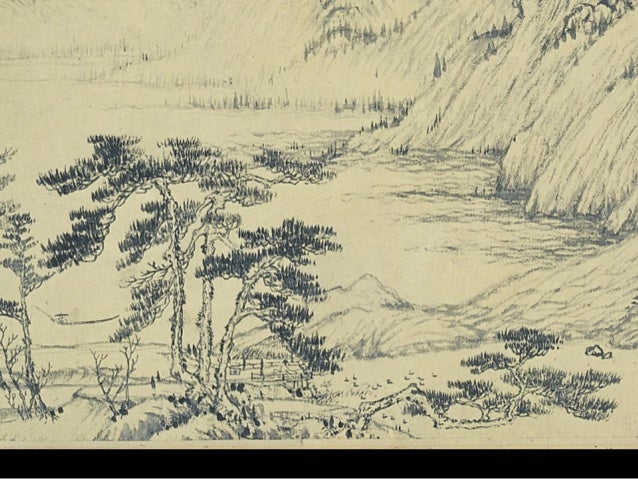
In between, nomadic people raided travelers and traders. The region of China was isolated from the civilizations of the West by the world's highest mountains, some of the largest and most severe deserts, and long distances. The Maritime Silk Road (1112 BC – 1912).The Southern Silk Road or Tea Horse Road (700–1930).Yuan Dynasty (1271–1368): Trade Reached Its Zenith.Song Empire (960–1279): Trade Ceased Once Again.Tang Dynasty (618–917): Trade Flourished.Three Kingdoms Period (220–581): Trade Ceased.The Han Empire (206 BC–220 AD): Trade Developed.Sogdian Traders (200 BC–1000 AD): The Important Middlemen.Zhou Dynasty (1045–221 BC): Early Silk Road Trade.The Silk Road's Prehistoric Beginnings (c.There were a number of administrators of the several areas of the Chinese nation at the time of the Yuan period of rule. These places were considered as the important territories of the Yuan rule. The present-day Hebei, Shandong, Shanxi, the south-eastern portion of present Inner Mongolia and the Henan areas north of the Yellow River was consisted the Central region of the Yuan period. The dynasty territory in the Yuan period of China was apportioned in the Central Region and areas or localities controlled by the several Xing Zhongshushen.

The Different GroupsĬhinese society of the Yuan era was divided into these classes: There were the Mongols the Semuren, this class included the Uyghurs who were from the west such as clans of central Asia North Chinese, these were the Kitans, the Jurchens and the Koreans and the Southerners, subjects belonging to the former Song Dynasty. Classical Chinese texts were also read by the said Emperor and had ordered books to be compiled. Emperor Wenzong had written poetry and painted. There are a number of emperors who sponsored activities involving cultural undertakings. Emperors were building palaces and pavilions but there were emperors who remained nomads despite of the structures. The blood line of the imperial household was purely in the Mongolian control until Tugh Temurs’ reign. The script was conserved in the imperial court until the dynasty ended. The phags-pa script invented 1269 was the unified system of writing for the Mongolian language and the Chinese language. He relied on several Chinese advisers who taught him as well as advised him in the field of governance. Kublai Khan also adopted customs and traditions practiced earlier than his time. He probably was not the original in the two aspects but the fact of his adopting the two ideas was enough. One of the greatest legacies of Kublai Khan probably is the adoption of era names and bureaucracy in Chinese history. Confucian ideals were again instituted by the Mongols to maintain over the Han people their rule. Persecutions by Mongols saw the endurance of Taoism and the Tibetan Lamaism as well as the native Buddhism flourished throughout the period of the Yuan Dynasty. There was some degree of toleration for nationalism and Roman Catholicism. There was a significant increase in the number of Chinese in the southwest and northwest areas of the country. The period of the Yuan Dynasty (AD 1271-1368) was when the conversion of Central Asian people into Islam was started.

During the time, the Chinese performing arts were enhanced through the introduction of the musical instruments of the West. Cultural exchanges were made through the several Mongols contacts in West Asia and Europe. There was an increase in the usage of the written native language. Considered a major cultural achievement was that drama and the novel-writing were developed. The development of a rich culture all throughout the Yuan Dynasty (AD 1271-1368) was similar to the other periods of rule in China. The Yuan Dynasty (1271–1368) saw a diversification and richness in cultural traditions. The non-Chinese places in the empire were open for employment to Chinese individuals. Foreigners were employed from countries and territories of the dominations of Mongols wherein no Mongols were found for the particular position. Mongols were monopolizing the more important positions nationally and locally. The native Hans people were discriminated against in the social and political aspects of life at those points in time.

The puppet governing institutions of the Mongols in China were not performing as expected. The Mongols were not successful in their quest in governing China with utilization of traditional Han bureaucrats. Kublai Khan founded in China the first foreign dominated ruling clan of the entire Chinese nation, the Yuan Dynasty (1271-1368 AD).

Kublai Khan was driving southward to the Song territories. China, Korea, and the central Asian Muslim kingdoms were conquered by the Mongols sometime in the middle of the thirteenth century.


 0 kommentar(er)
0 kommentar(er)
